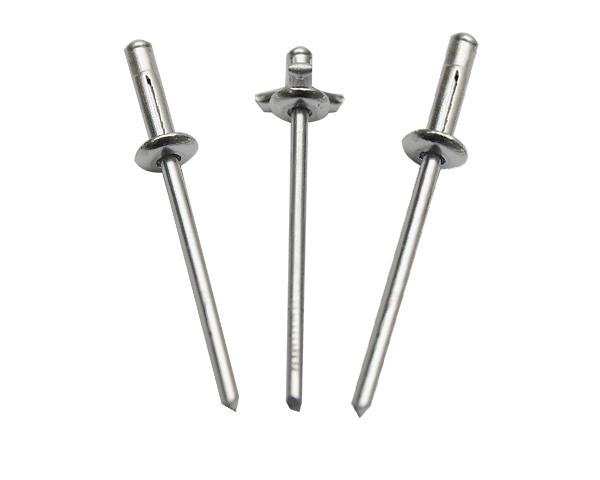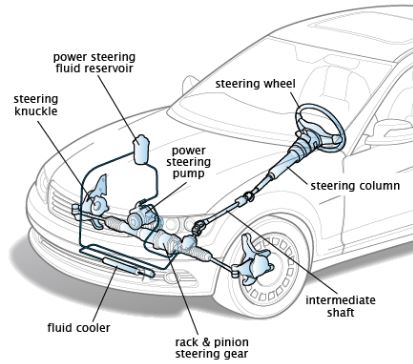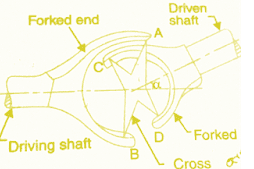Advantages and Disadvantages of Rivets
Advantages of Rivets:
- Rivets are a strong and reliable way to connect the two parts of a metal or plastic product.
- Rivets are easy to install and will hold up well under most conditions.
- Rivets are extremely strong and have excellent bonding capabilities.
- It holds two parts tightly without any space between the joined plates.
- They are a very strong and durable material that is resistant to corrosion.
- They can be easily assembled.
- Replacing of rivets is easy compared with any other joint methods.
- Rivets joint increase the production time(Because it the easy method of joints).
- Rivets are cheaper than screws and bolts.
- Manufacturing of rivets can be done in different shapes and sizes depends on the need.
- Easy to Inspect the joints.
- High strength at a low weight for high performance.
Disadvantages of Rivets:
- They are unsuitable for heavy-duty applications.
- They are not reusable.
- Using rivets will increase the weight of product.
- It is not always easy to use rivets as they require some practice and experience to be able to work with them properly.
- Rivet heads can deform due to the force of an impact or abrasion, resulting in loosening of the head or cracking at the tip.
- Rivet joints are not air tight.
- The joint created by a rivet is not as strong as that created by an interlocking device such as bolts, screws, and welds.
- Rivets don’t hold very well when it comes to high-stress situations such as excessive weight or large temperature variations.


